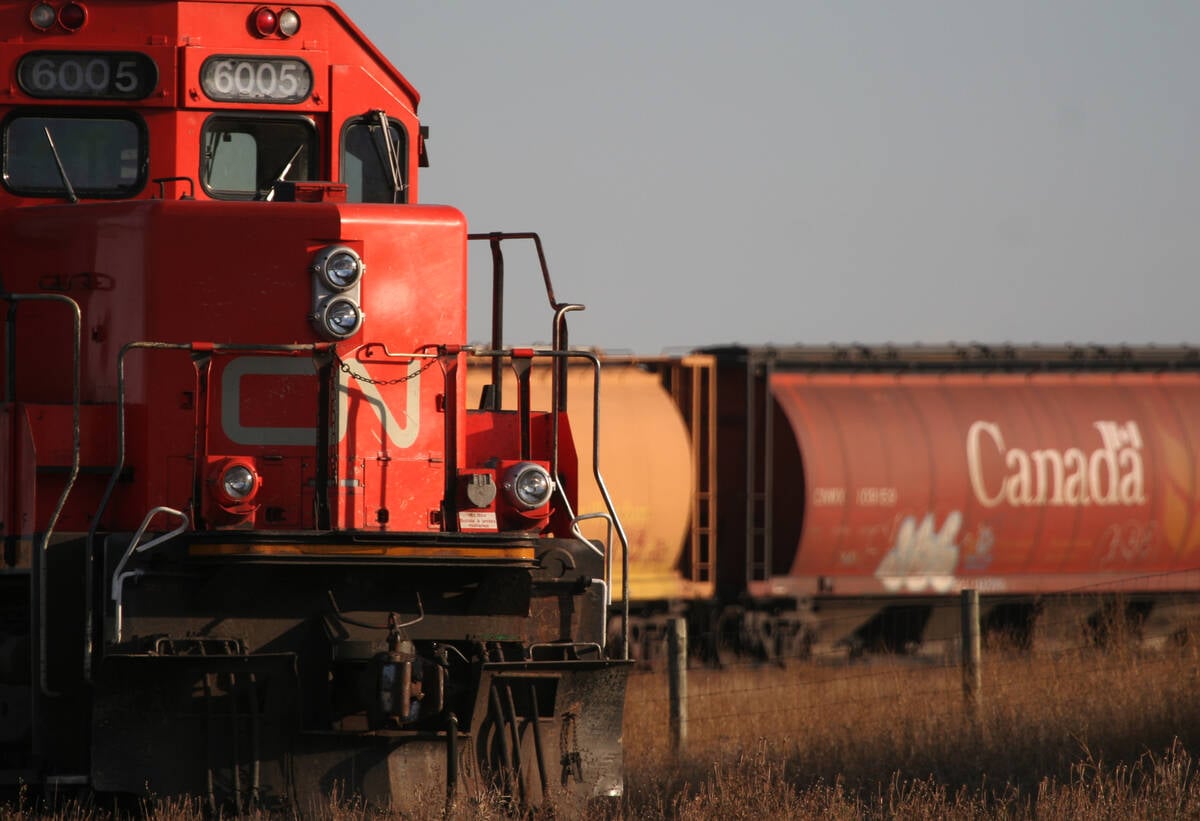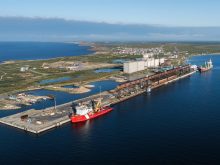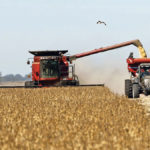Beef trade should heat up
Trading in fed cattle was active last week with prices $1.50 to $2.50 higher on average. Canfax reported some older cattle being sold into the United States or trading at the lower end of that price range.
Steers sold for $84.80-$87.20 in mid-week, and heifers for $84.80-$87.05.
Packers are seeking higher wholesale prices to counteract recent increases in cash cattle prices, said Canfax, and asking prices are expected to be higher this week in Montreal and Calgary. Better movement is expected in the beef trade now that Easter is over and warmer weather might encourage increased sales for barbecue season.
Read Also

Working groups established to address challenges in the containerized and bulk movement of commodities
CN is working with the pulse and special crops sector on resolving challenges in shipping those commodities.
Canfax said the outlook is for solid prices in the upper $80s on good quality calves. Strong U.S. beef prices are lending support to cash and futures markets there. The Cattle on Feed report due Friday will be a key factor affecting prices next week because some are predicting smaller cattle-on-feed numbers compared to one year ago.
Slaughter cows in Alberta were steady to $1 higher than the previous week, with most good cows quoted from $48-$56.
There were light volumes in the feeder trade due to a short week, but prices were higher. Light steers were up $2-$4 and heavy steers were as much as $2 higher. Feeder heifers were generally $4 higher. Volumes are expected to decrease as field work begins.
Cows ranged from $400-$1,000, bred heifers from $600-$950 and cow-calf pairs from $700-$1,475.
Hog prices up in U.S.
U.S. hog prices rose to $34.50 per hundredweight last week, Manitoba Livestock reported. Manitoba Index 100 hog prices fell to an unexpectedly low average of $115.14 per 100 kilograms last week, the lowest price since December 1994.
Analysts are expecting the U.S. hog slaughter to decrease each week through spring and into summer.














